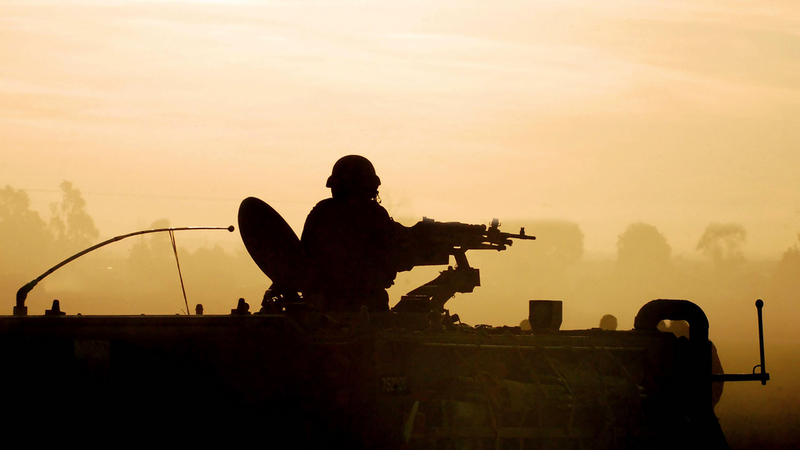When a report comes out of Washington that has been co-authored by a who’s who group of, among others, former Secretaries of Defense, Chairmen of the Joint Chiefs of Staff, Ambassadors, and U.S. Senators, it’s a good bet the results are solid. Unfortunately, in the case of the recently released Afghan Study Group’s report to Congress, this stable full of eminent members produced a policy paper that, if followed, would replicate the previous 20 years of costly, failed war – and cement that failure well into the future.
………………………………..
Their “new” recommendations look disturbingly similar to the policies that produced so much failure over the past two decades. Fortunately, there are superior, logic-based alternatives available to the Biden Administration for implementation.
Though there are many problems with the Afghan Study Group report, none are more alarming than the first of the group’s five “suite of comprehensive actions.” For any strategy to be useful to the United States, the declared end state must be achievable, cost-effective, and result in a benefit for the United States. The end state offered by the Afghan Study Group meets none of these requirements.
The criteria they propose would effectively guarantee the failure of the past 20 years would be extended into perpetuity. The reason: the authors state the war can only end when a number of virtually impossible tasks have been accomplished.
For example, they suggest the U.S. must continue to fight until the emergence of an “independent, democratic, and sovereign Afghan state with the governance, stability, and security forces to prevent al-Qaeda…and other terrorist groups from attacking the United States and its allies and to contain other potential challenges to U.S. and allied security and interests, including those associated with illicit narcotics.”
More than 20 years since the initial fall of the Taliban, however, the Afghan government remains a fractious, corrupt administration that has thus far proven incapable of producing credible governance. Their national security forces have control of less than half its own territory, and despite more than nearly two decades of concerted effort, Afghanistan remains the world’s leading producer of illicit narcotics. These outcomes should have caught none of these authors by surprise.
………………………………….
First, we have to acknowledge that American combat power has never, does not now, and never will produce a military victory in Afghanistan. The problems in Afghanistan are primarily political and cultural in nature and involve multiple groups within Afghanistan and other states in the region. The ones who must live with the outcome are the only ones who can bring this war to an end.
Second, American national security is not dependent on keeping U.S. troops on the ground in Afghanistan. Our security from terrorist attacks worldwide is preserved by our global intelligence, surveillance, and reconnaissance capacity, paired with an unmatched ability to project power to strike any direct threat to our country, regardless of where the threat emerges.
Lastly, pegging the withdrawal of American troops in Afghanistan to a successful peace deal between the Taliban and the Afghan government is not only unnecessary, it is unwise. The February 2020 deal struck between the Taliban and Trump administration successfully reduced the risk to U.S. troops and paved the way for our final withdrawal by May 1st.
There was never a requirement for the parties to reach a final settlement prior to our departure. Unilaterally changing that deal now runs the risk of making American troops once again the target of Taliban attacks. We should not sacrifice the live or limb of one single additional American troop to an unnecessary war.
As critical, so long as the U.S. military continues to guarantee the security of the Afghan government, Kabul will be less willing to make the hard compromises necessary to reach a negotiated settlement with the Taliban. We have given our best and brightest – and hundreds of billions of our citizens’ dollars – for two decades. It is time for those who live in and around Afghanistan to take the final responsibility for ending this war.
Read the rest of this article at 19FortyFive





